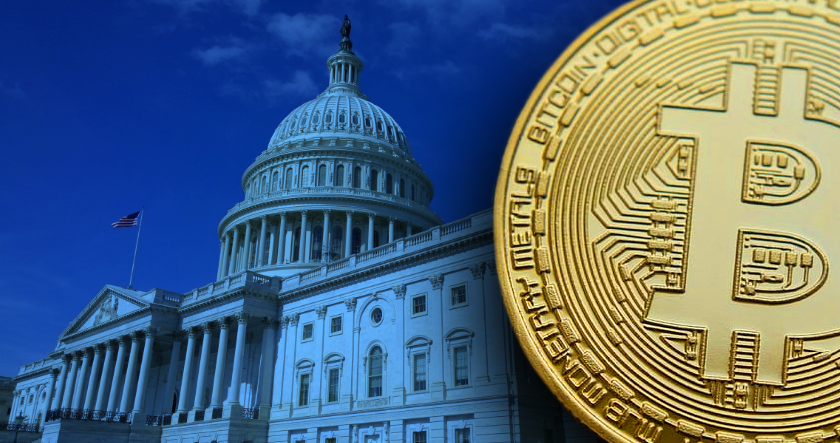For the first time in history the crypto market has a seat in the U.S. Senate with someone who has working knowledge of the crypto space. Although cryptocurrencies have been in use for roughly a decade, there has been a notable lack of clear regulation surrounding the market. The absence of guidelines became especially prominent during the crypto boom of 2017, which launched Bitcoin’s price from around $800 to nearly $20,000.
The rapid increase in adoption has garnered cryptocurrencies widespread attention and has since placed them shoulder-to-shoulder with both traditional assets and other methods of payment. Yet barring efforts to combat fraud and criminal activities, the U.S. government’s policies regarding crypto have been somewhat apathetic. And while numerous officials have spoken positively about crypto and the need for the sector to develop freely, some members of the community feel as if lawmakers aren’t really familiar with blockchain and its surrounding technology and have thus far been reluctant to address the market wholly.
With the recent entry of Kelly Loeffler to the U.S. Senate, the latter impression could soon be changed. Before her appointment as Senator, Loeffler had been catching news headlines due to the successful launch of Bakkt, a crypto platform backed by the Intercontinental Exchange that is viewed by many as the most ambitious project of its kind to date. Having herself had to overcome numerous hurdles to obtain full regulatory approval after a delayed launch as Bakkt’s CEO, Loeffler will be intimately familiar with how current U.S. law translates to the use of cryptocurrencies and the creation of new projects.
Furthermore, her appointment comes not long after a widely publicized Senate hearing regarding the launch of Facebook’s cryptocurrency, Libra. According to various observers, the main takeaway from the two hearings was that lawmakers were exceedingly concerned with the safety and privacy of Libra while at the same time showing a keen interest in decentralized cryptocurrencies such as Bitcoin. Loeffler’s place in the Senate could help spur this interest while also acting as a source of in-depth knowledge regarding how cryptocurrencies and the industry that surrounds them work.
While her influence on lawmaking regarding crypto may be limited, having one of the most influential people in the crypto industry hold a seat in the U.S. Senate could prove invaluable during a time of the market’s expansion. In an era where things like institutional crypto investment and Bitcoin ATMs become the norm seemingly overnight, Loeffler’s presence in the sphere of lawmaking may help to increase acceptance and foster innovation.







